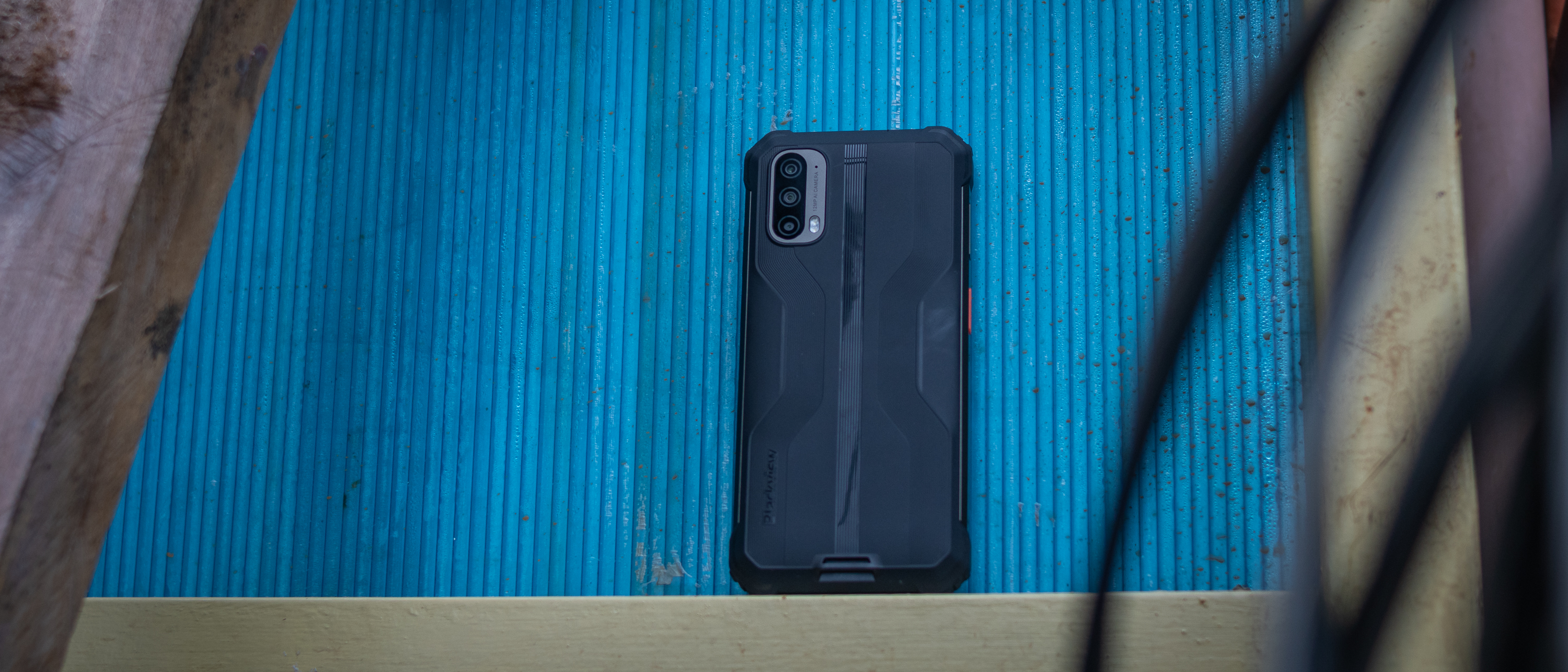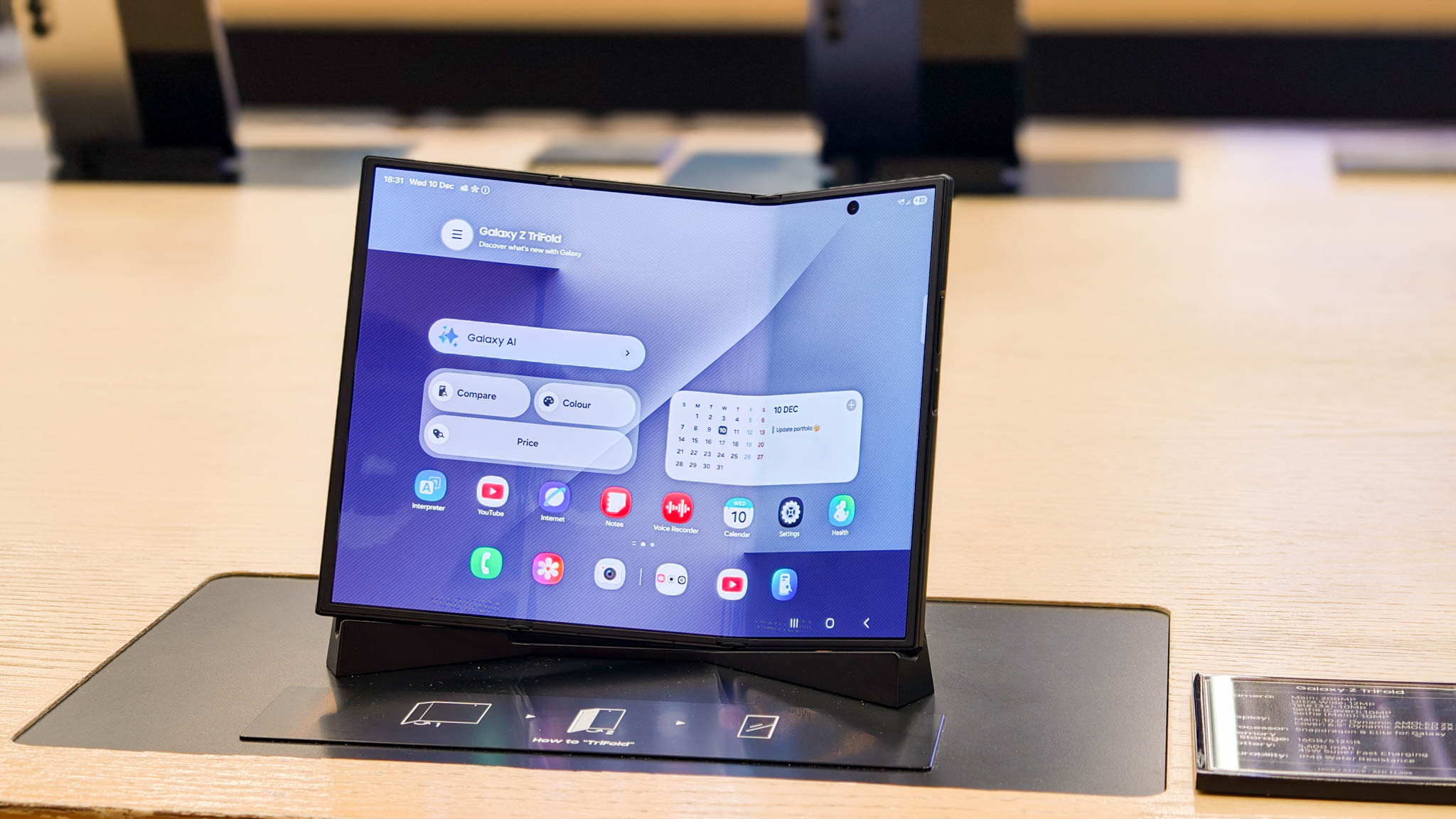Android Central Verdict
The Blackview BV7100 is a basic rugged smartphone that lacks the bells and whistles found in other Blackview models or rival brands. Rather than gimmicks, the device has many of the basic capabilities you'd expect from a rugged phone, though you could find a better camera and a more powerful processor for a few dollars more.
Pros
- +
Metal and rubber design
- +
Stunning battery life
- +
Water resistance capabilities
Cons
- -
No 5G support
- -
No long-term software updates
- -
Bulky and weighty
- -
Camera is underwhelming
Why you can trust Android Central
I've extensively covered a lot of rugged phones in recent memory, including Blackview models, and I've found most of them to tick almost all of the boxes if you're looking for smartphones that can endure a few knocks. The Blackview BV7100, which made its debut last September, is no exception.
In my experience, Blackview usually edges out its rivals in terms of ruggedness and price. This makes it an excellent choice for those looking for a durable design without all the gimmicks offered by other brands like Ulefone.
However, if history is any guide, rugged phones have poor Android OS implementations and software support, so you'd be wise to keep your expectations in check with Blackview's handsets.
Sure, my daily drivers are mostly Chinese phones from Vivo and Xiaomi, but a device that can withstand a lot of abuse and survive water immersion provides some practicality for people who are clumsy with their hands. But, if you live an adventurous lifestyle, does the Blackview BV7100 fit the bill? Continue reading to find out.
Blackview BV7100: Price and availability
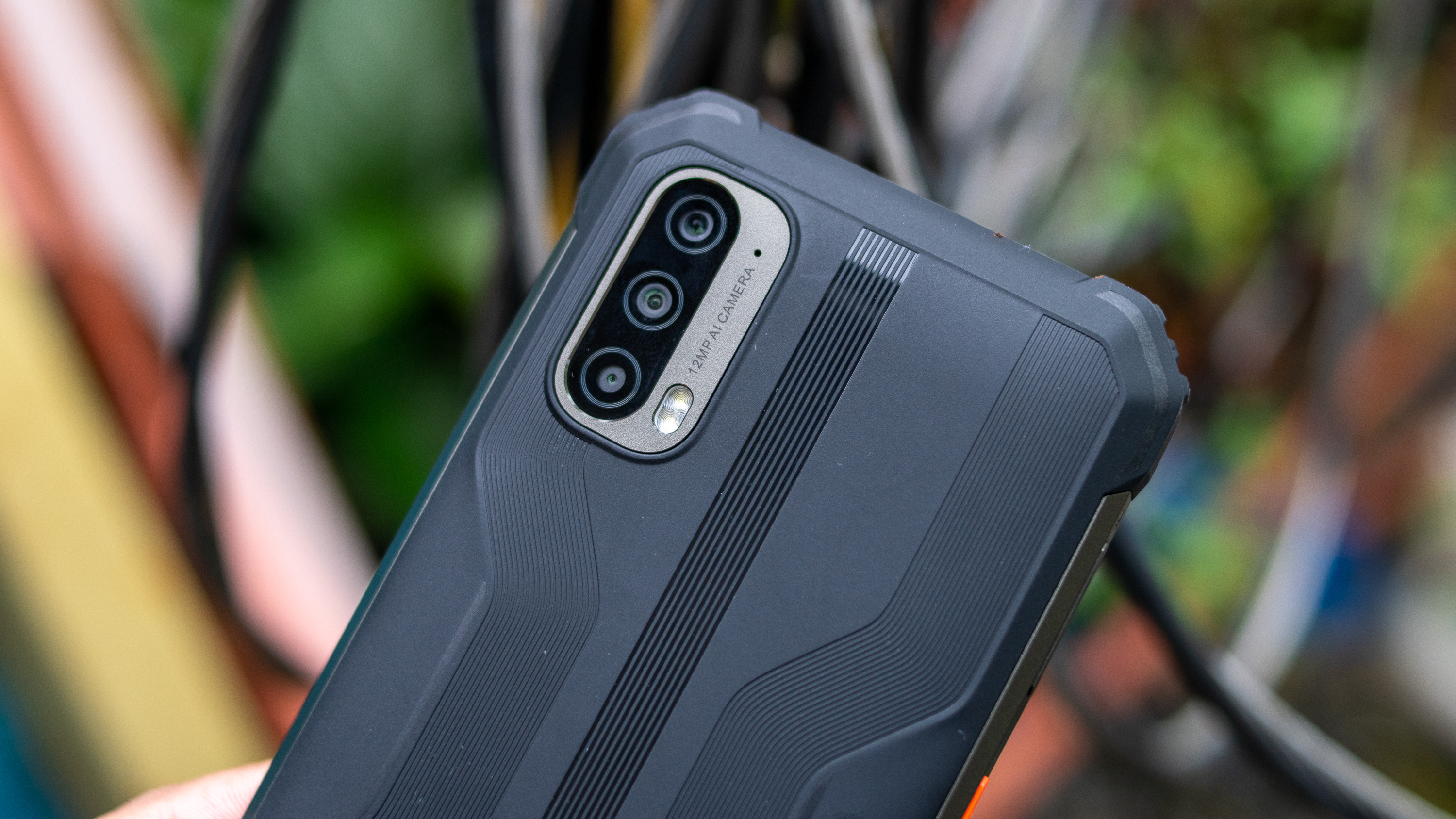
The Blackview BV7100 is perhaps one of the most affordable rugged phones money can buy at present. On the company's own website, it retails for $240. The company previously listed the phone at $300 before slashing its price big time. It ships to major international markets, such as the United States, Europe, the United Kingdom, and India.
Blackview BV7100: What I like
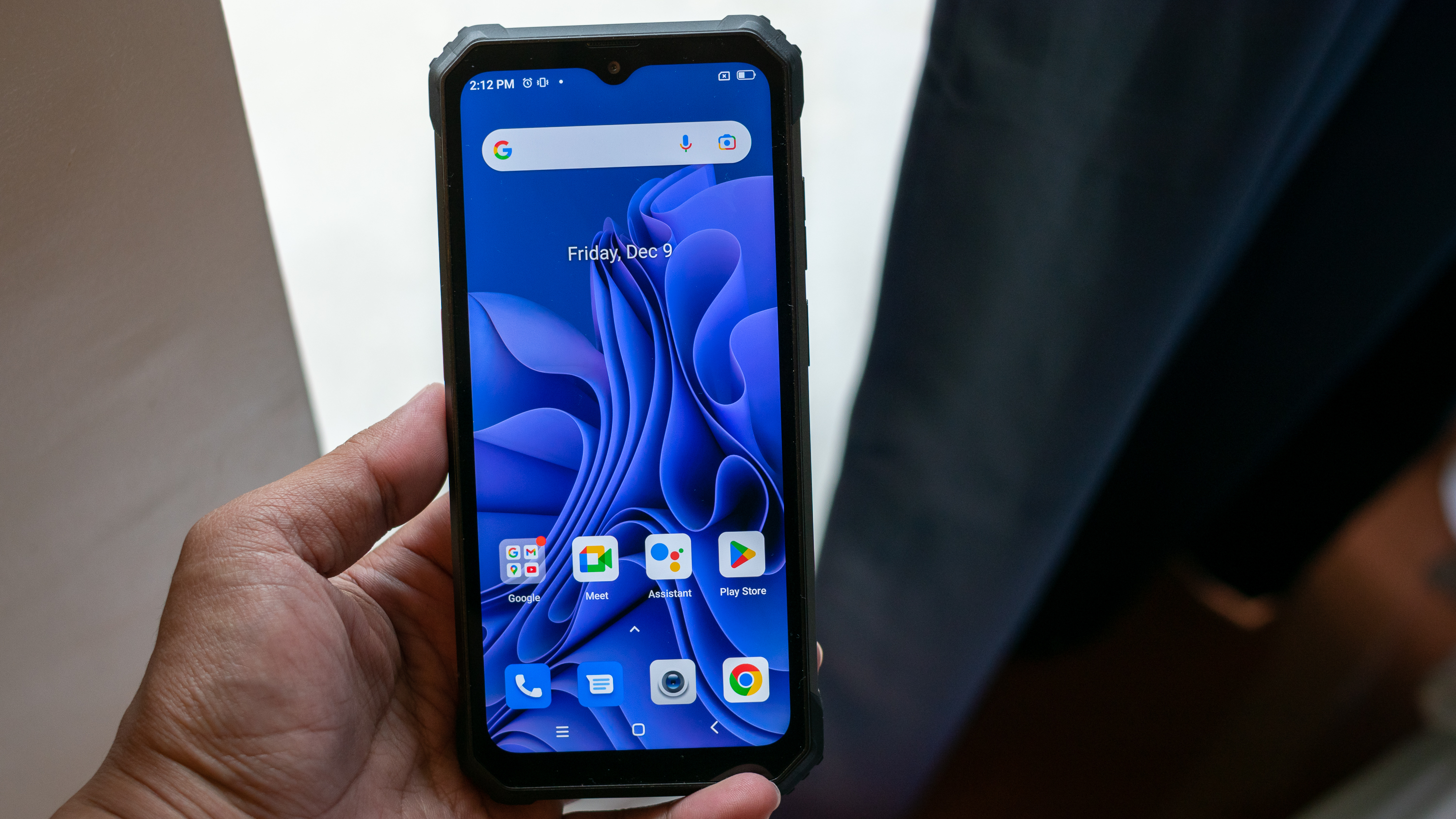
The Blackview BV7100 is a substantial piece of hardware, weighing 460 grams. While this makes the device difficult to use for extended periods of time, the phone's rubberized metal construction allows it to withstand a beating. It has IP68/IP69K ratings and is MIL-STD-810H compliant, which means it can be thrown a few times, submerged underwater, and dropped from a stairwell without being severely scratched.
Perhaps the best thing about the BV7100 is its insanely large battery. At 13,000mAh, the handset is not the easiest phone to kill in just one day. Although there are a few phones with larger batteries on the market like the Oukitel WP19, the 13,000mAh unit on the BV7100 is a rare sight in this category.
Get the latest news from Android Central, your trusted companion in the world of Android
In my day-to-day testing, which consists of social media scrolling, photo-taking, light games, and several hours of internet browsing, it averaged about 12 hours of screen-on time. It also has an impressive standby battery performance, with less than a 1% drain per hour on average.
The phone's endurance, on the other hand, is heavily influenced by how frequently and for what reason you use it. Of course, increased active usage results in a shorter running time. I listened to 80 hours of music, talked for 60 hours, and watched 17 hours of video.
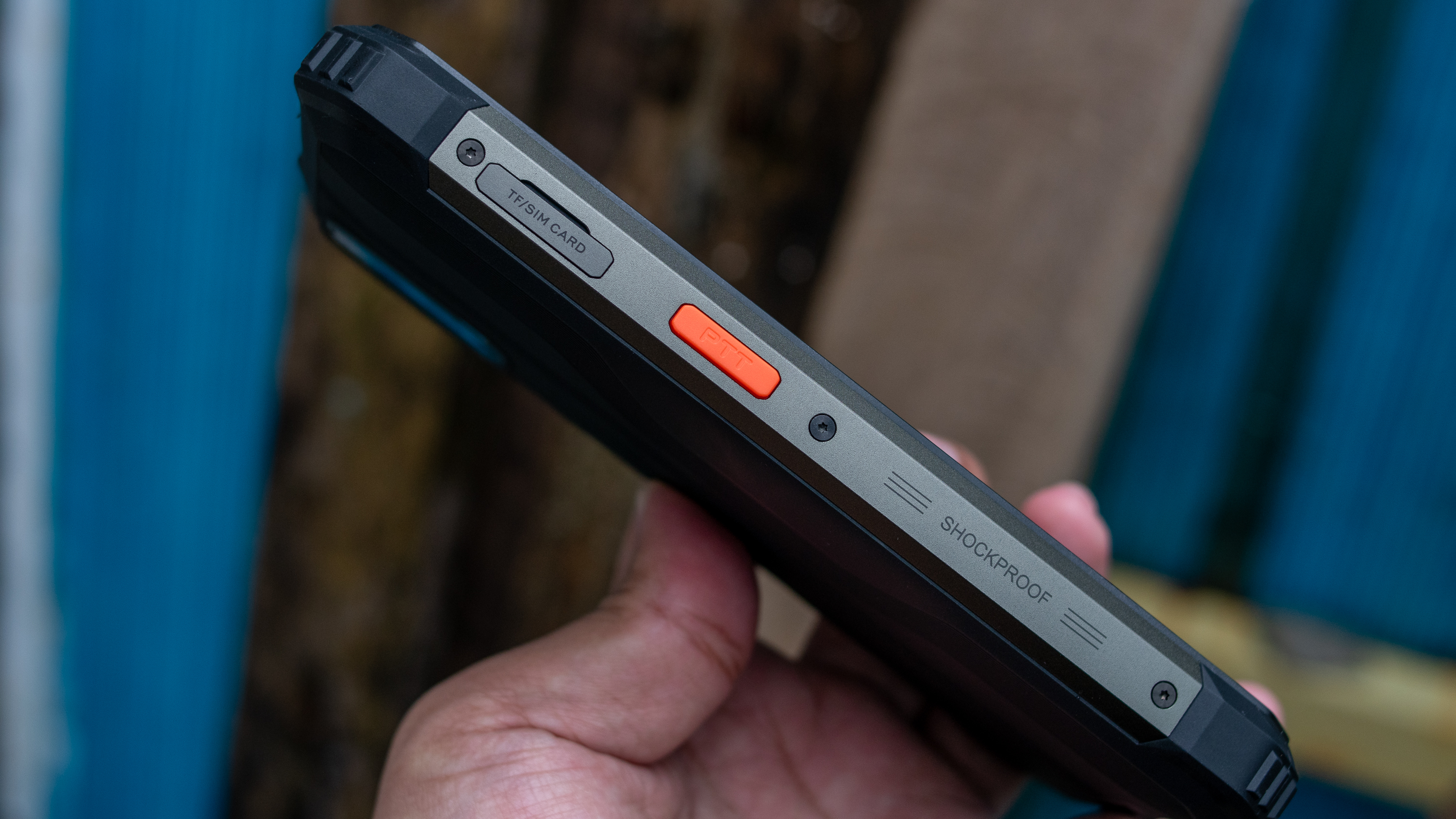
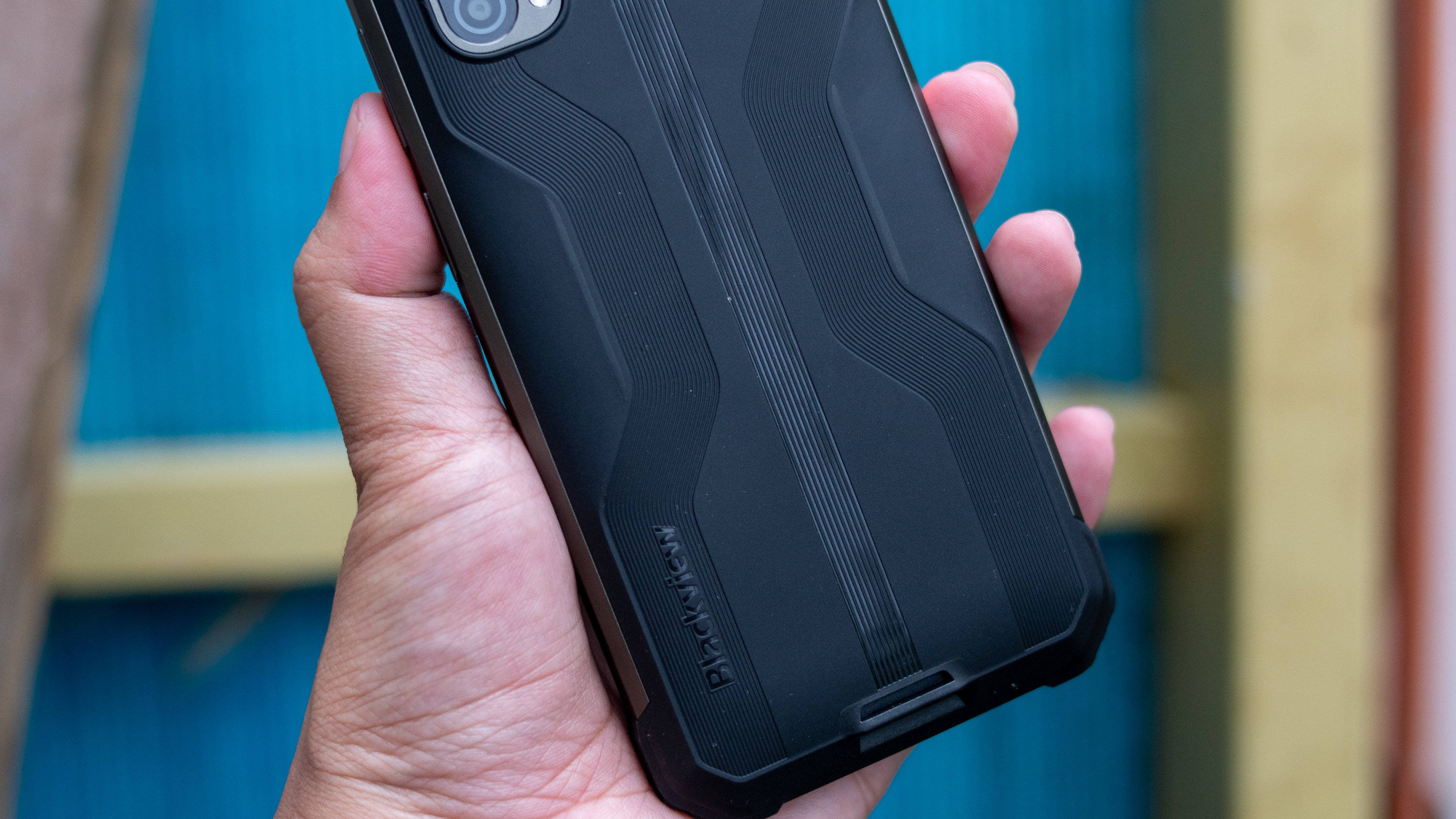
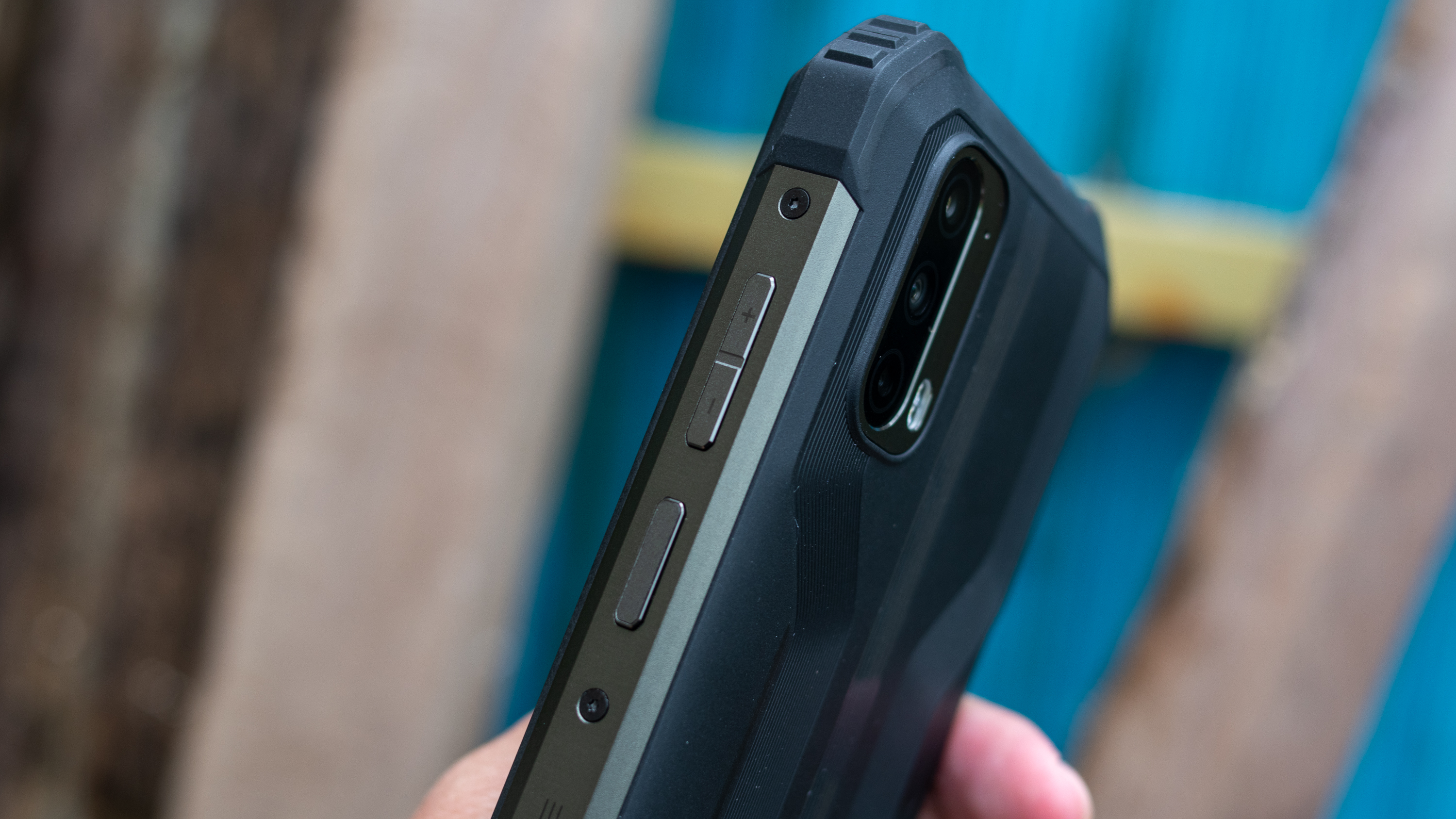
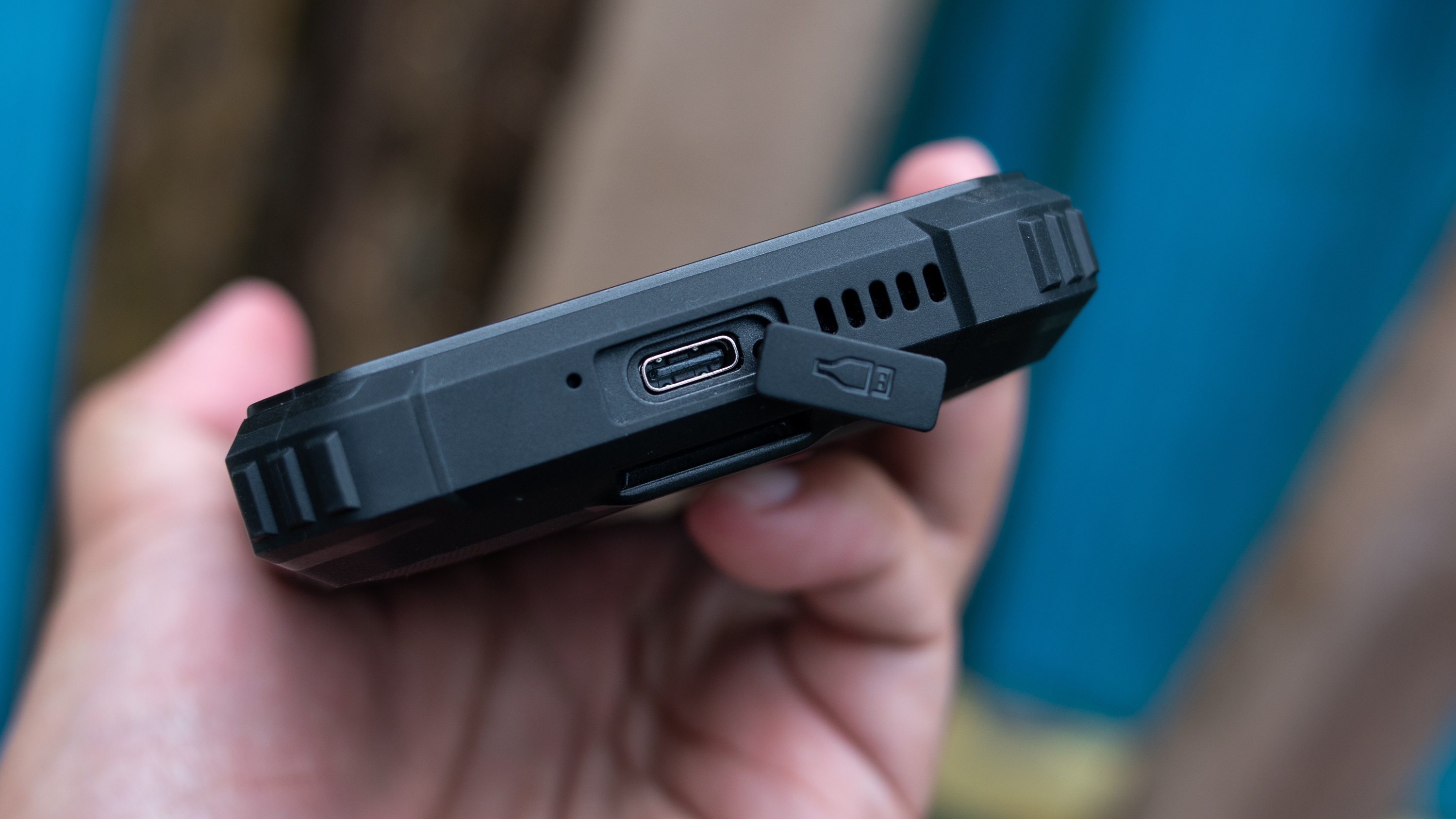
The BV7100 charges at 33W, which is a decent speed for a rugged phone. However, it doesn't quite seem to be the perfect match for the phone's massive battery. This means charging the phone may be the longest that you'll need to sit through. In my experience, I averaged 190 minutes juicing up the device from zero to 100%. The upside is that you can use the phone to juice up other USB-C devices thanks to its reverse wired charging capability. It's most useful when you find yourself in a place with no power supply.
What sets the phone apart from many of the best rugged phones, including those from Blackview, is its plain simplicity, devoid of any gimmick I've seen in the Blackview BL8800 Pro, for example. That phone includes a FLIR thermal imaging system as its main selling point. On the other hand, the BV7100 shuns anything flashy or gimmicky, instead opting for a highly predictable design that works like what it says on the tin.
The Blackview BV7100 avoids many of the gimmicks found in other brands, which makes it appealing to most budget-conscious buyers.
The screen also has a decent saturation with its brightness set to 50%. Blackview did not specify which screen protection system is used, but I haven't noticed any major scratches on it yet, and the pre-installed screen protector provides additional protection against scuffs. The frame also does a great job of resisting impacts.
While this won't be my daily driver under normal circumstances (who knows, maybe I'll go camping for a few days in the mountains soon?), I'd say this is an ideal device for those doing industrial jobs.
| Category | Blackview BV7100 |
|---|---|
| Operating System | Doke-OS 3.0 based on Android 12 |
| Display | 6.58 inches, IPS LCD, 1080 x 2408 resolution, 90Hz, 480 nits |
| Processor | MediaTek Helio G85 (12nm) |
| Memory | 6GB |
| Storage | 128GB |
| Rear Camera 1 | 12MP, f/2.0, (wide) |
| Rear Camera 2 | 8MP, 117˚ (ultrawide) |
| Rear Camera 3 | 2MP, (depth) |
| Front Camera | 8MP |
| Security | Fingerprint (side-mounted), face unlock |
| Connectivity | Wi-Fi 802.11 a/b/g/n/ac, Bluetooth 5.0 |
| Ports | USB Type-C, OTG |
| Battery | 13000mAh |
| Charging | 33W wired |
| Protection | IP68/IP69K dust/water resistant, MIL-STD-810H compliant |
| Dimensions | 174 x 81.4 x 18.9 mm |
| Weight | 460 grams |
Blackview BV7100: What I don't like
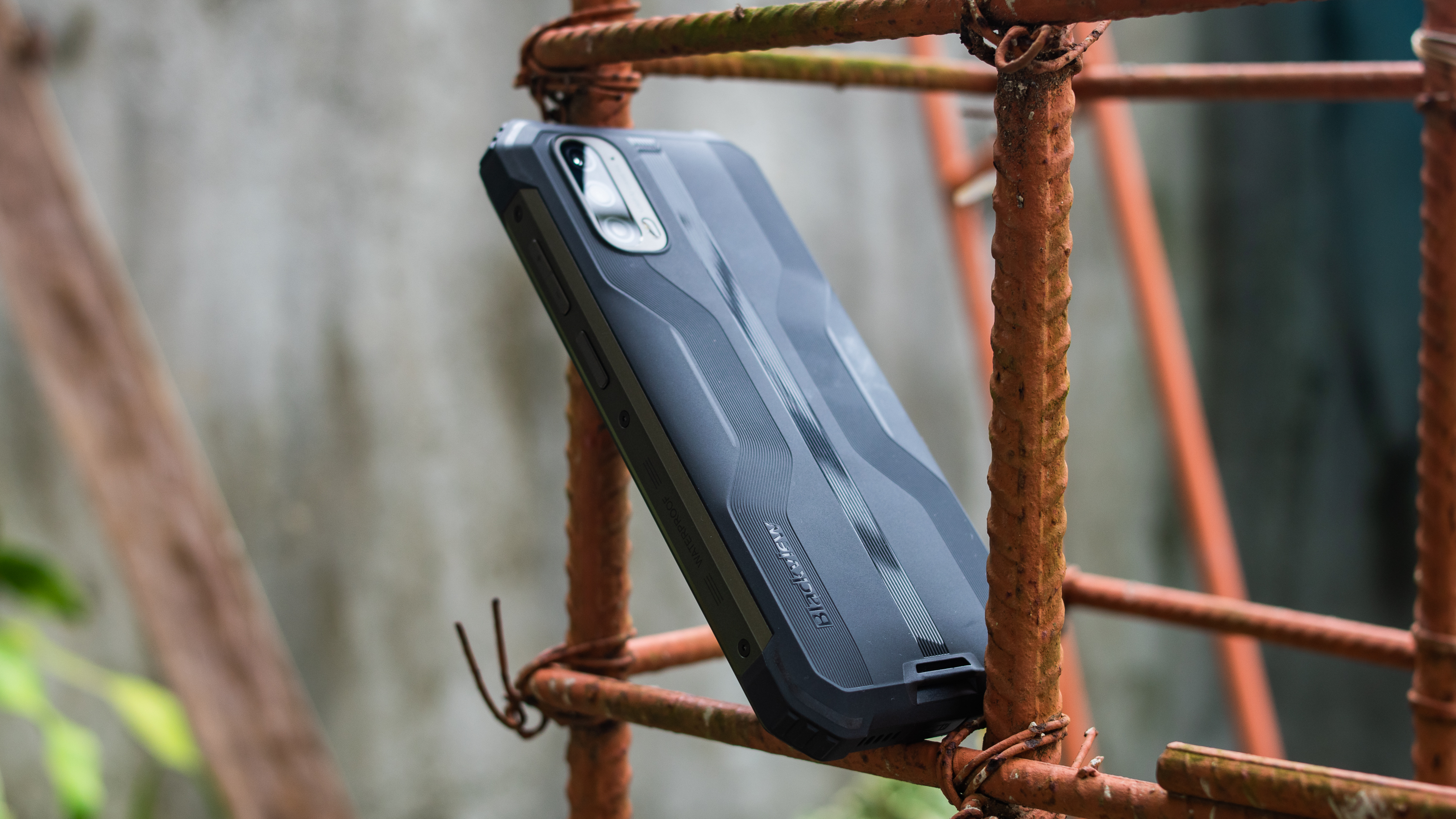
At a glance, the Blackview BV7100 doesn't seem to have a lot of downsides, especially when you factor in the price, but there are still a few drawbacks.
While the phone's large size gives it the appearance of durability, it is far too heavy for daily use. Because of its weight, the phone may be uncomfortable to use for extended periods of time. That’s to be expected for a phone in this segment, though it remains a consideration if you like a rugged phone with a more svelte design. If you're used to typical thin slabs of a phone, the Blackview BV7100 may feel immensely bulky, especially if you use it for several hours or even a whole day.
Despite the phone's advertised 90Hz screen refresh rate, I noticed some noticeable lag and lack of smoothness when moving around the UI. I initially assumed the display was locked to 60Hz, but this was not the case. It turns out that the phone's display is set to 90Hz by default, and there's no way to change it in the settings menu.
The camera and chipset on the phone detract from the experience.
Another letdown is the phone's limited mobile communications support. It is only capable of 4G and LTE, with no 5G capabilities. It's not entirely surprising, since many rugged phones seem to be following the same path when it comes to connectivity, except for a few models like the Blackview BL8800 Pro.
The cameras are also not the phone's strong suit. While you can still get decent shots depending on what you're shooting and the lighting conditions, its 12MP main sensor is fairly mediocre, limiting its potential. One notable limitation is the lack of support for 2K or 4K video recording. Only a 1080p video capture resolution is available with the BV7100.
Blackview BV7100 sample shots
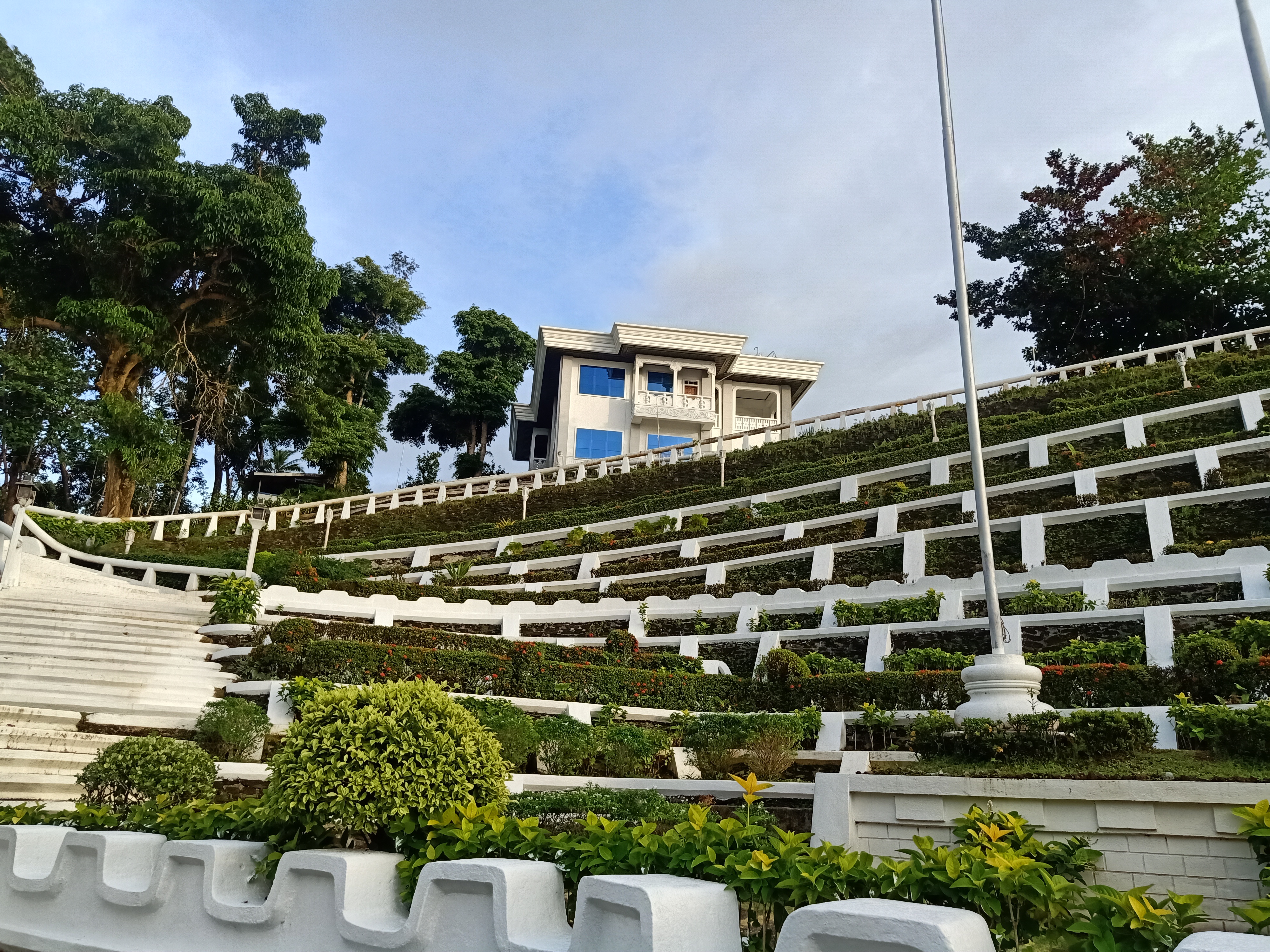
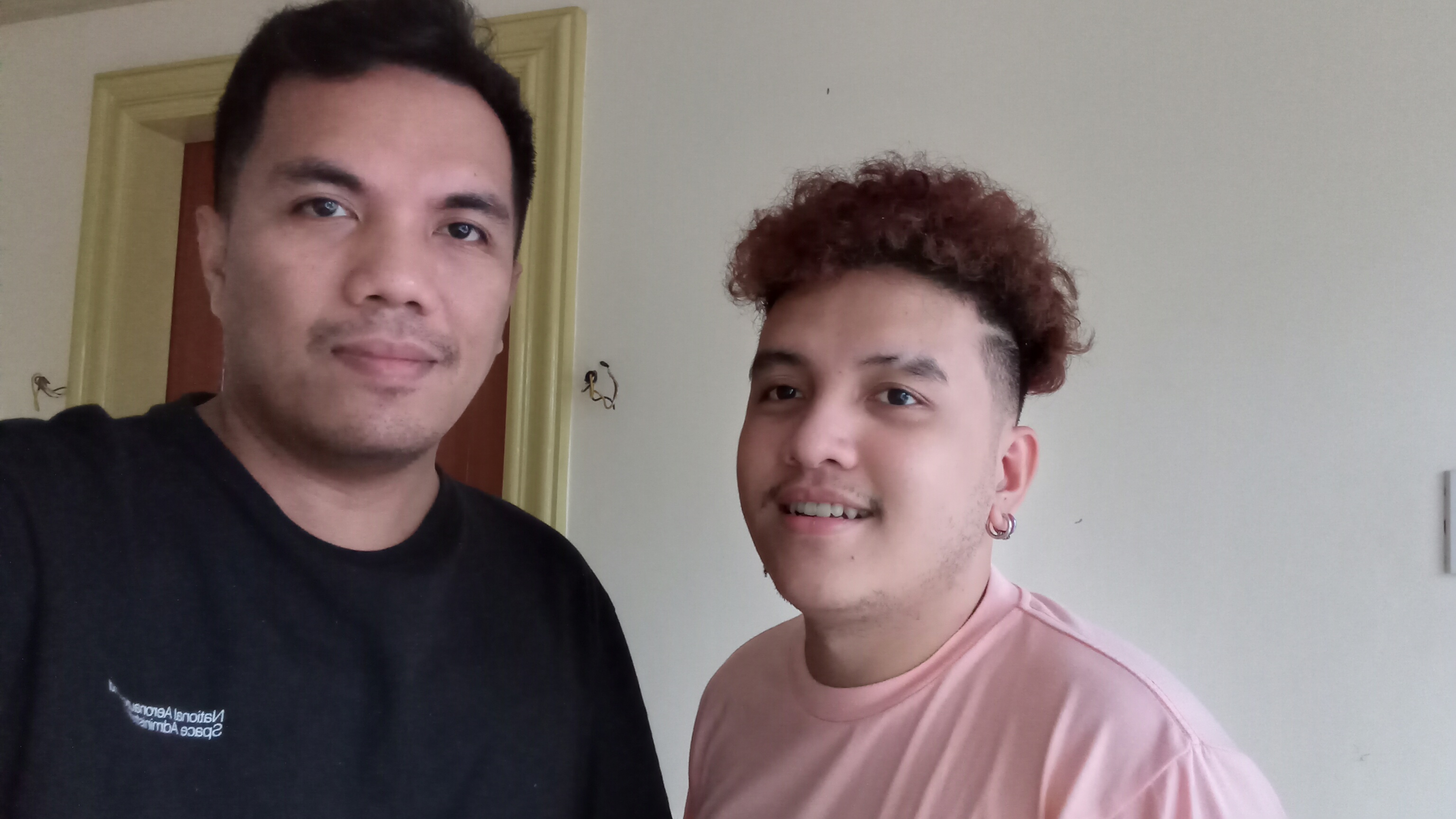
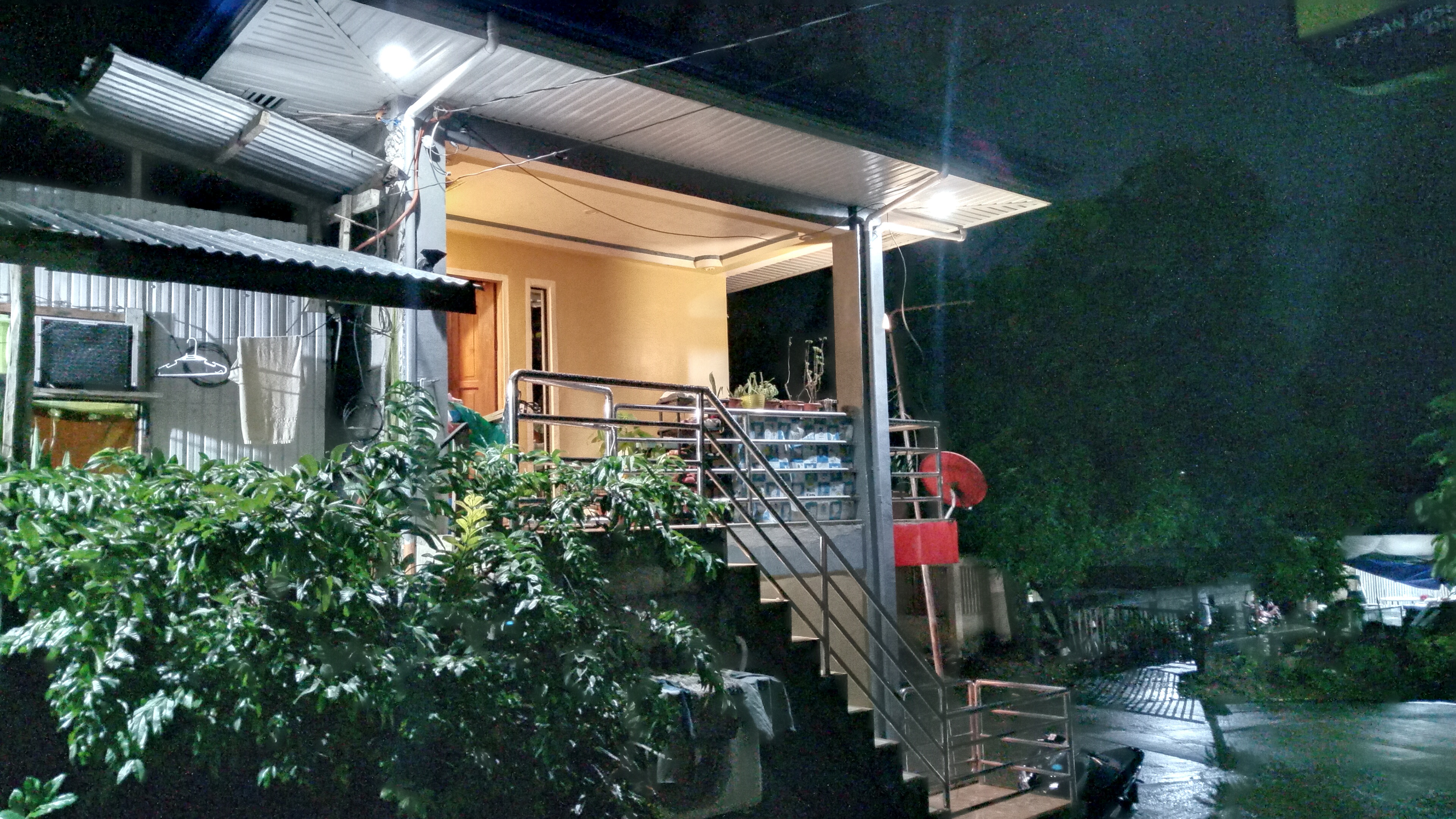
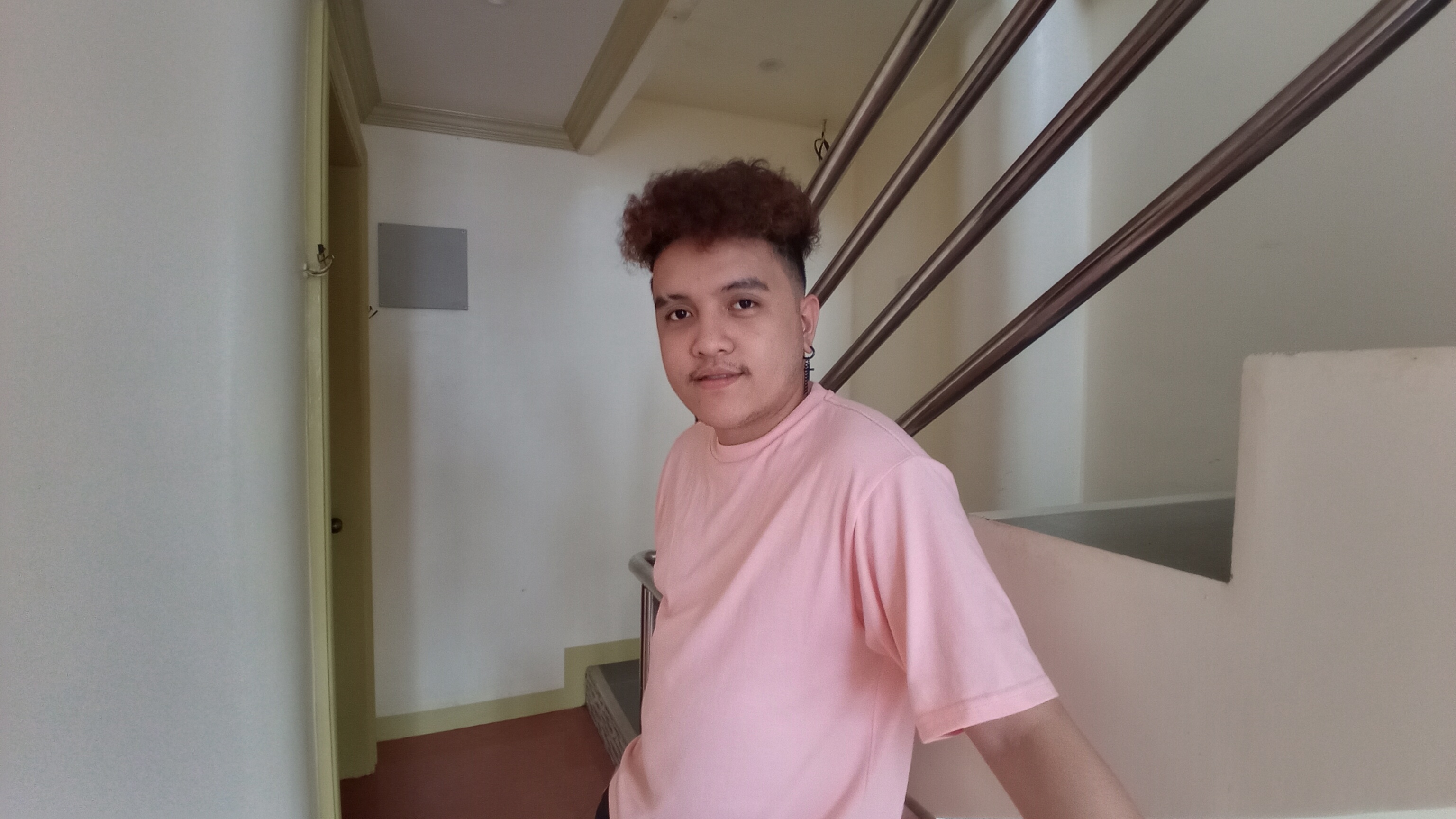
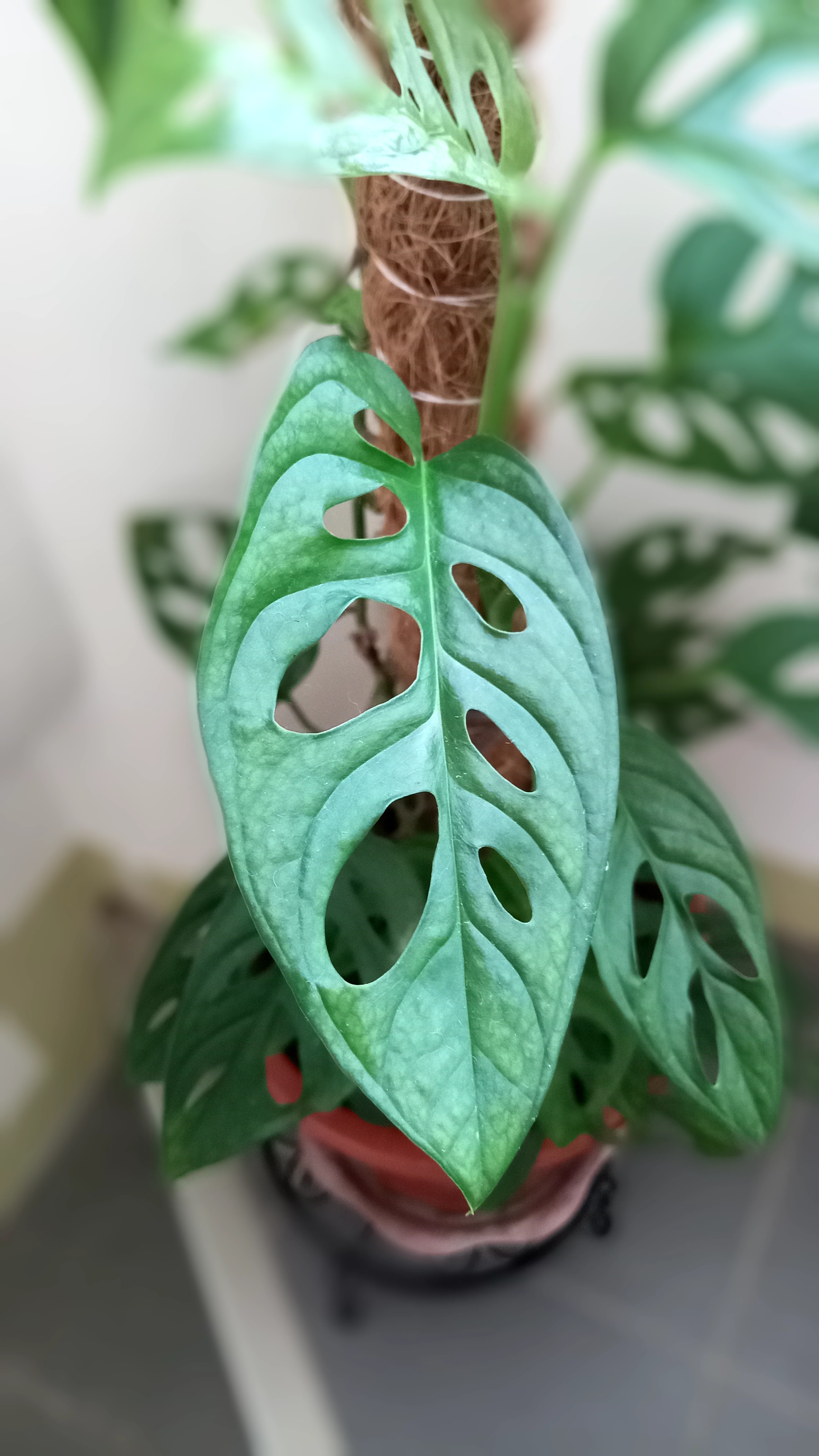
In terms of photography, its 12MP Sony IMX362 sensor does the job, but nothing spectacular. My night shots were mostly ruined by grainy results, especially in low-light conditions, and the small sensor size appears to be the culprit. Like many rugged phones money can buy, the phone's camera app doesn't have special shooting features.
Blackview BV7100: Competition
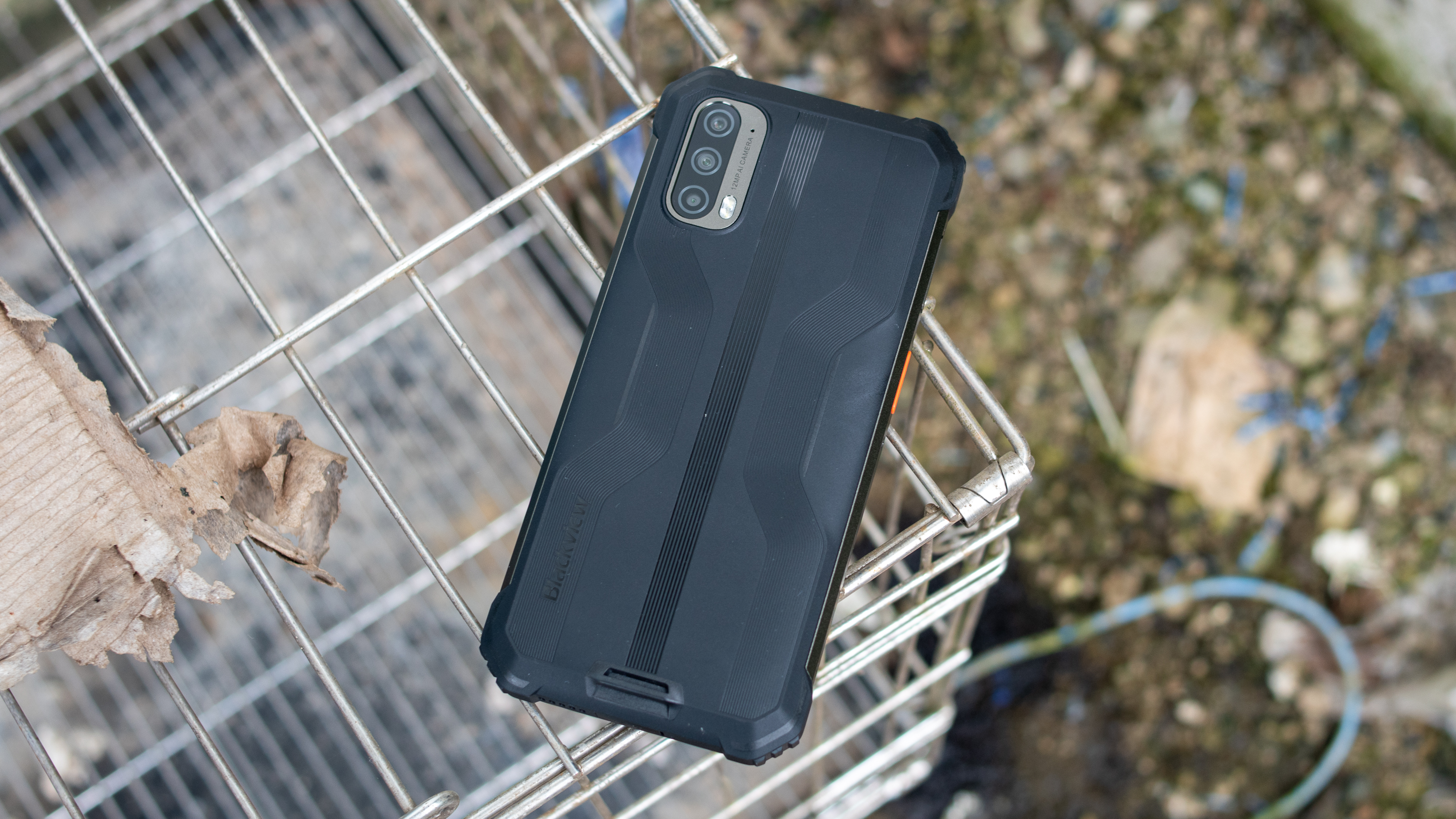
For $240, the Blackview BV7100 offers a great value proposition compared to many expensive competitors like the Samsung Galaxy XCover Pro ($499). Because of its low price, it's hard to find a true competitor to the phone in this price range.
The BV7100's biggest rival comes from the slightly more expensive Doogee S89 Pro ($360) and if you prefer a more slender rugged handset, the Nokia XR20. If you prefer something from Blackview's own portfolio, there's the BL8800 Pro, though it offers a smaller battery. That said, it remains an excellent budget rugged phone with a slightly higher price tag and, for those that want it, a FLIR thermal camera. You may also find the Blackview BV8800 a more appealing alternative with its more decent camera system, and it starts from $249.
The only big downside with the BV7100 is its sheer size and bulkiness, but this shouldn't be a major deal-breaker for most buyers. As a result, the phone packs a lot of punch into a small package, making it a favorite among rugged phone enthusiasts.
Blackview BV7100: Should you buy it?
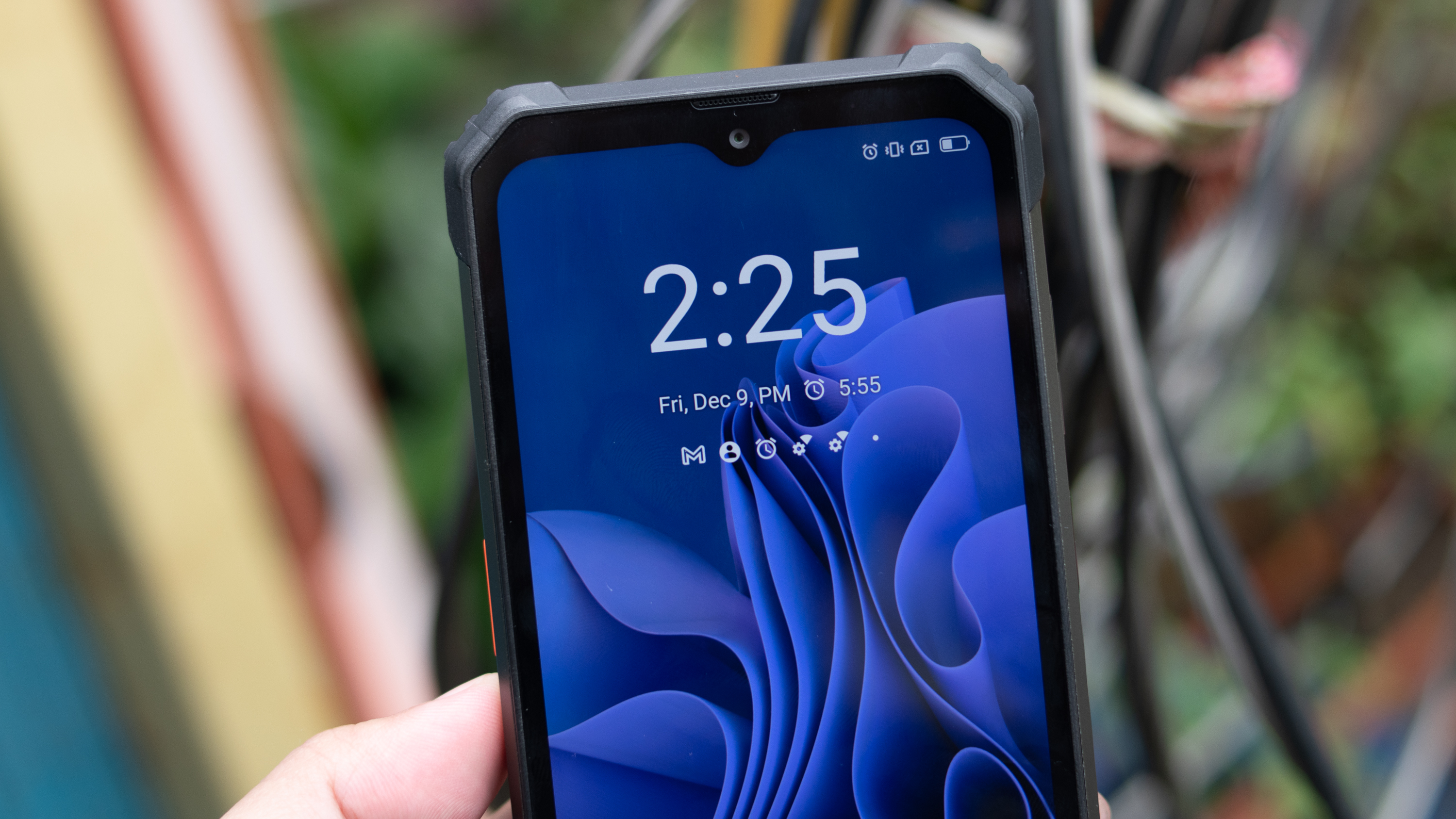
You should buy it if...
- You like a phone that can withstand a few knocks and water immersion
- Battery life matters a lot to you
- You don't want to spend more than $300 on a device
You should not buy it if...
- You need a phone with 5G support
- You want long-term software support for your handset
- Camera performance is critical to you
Affordability-wise, nothing beats the Blackview BV7100. But it is the same factor that forced the company to cut many corners in terms of performance and camera skills, so you'd be wise to temper your expectations with this phone.
Nonetheless, for consumers who frequently need a device that can keep running for extended periods away from a charger or power outlet, this handset is an ideal companion. It is also dust and water-resistant (up to 1.5 meters for 30 minutes), so you won't have to worry if you drop it in the water by accident.
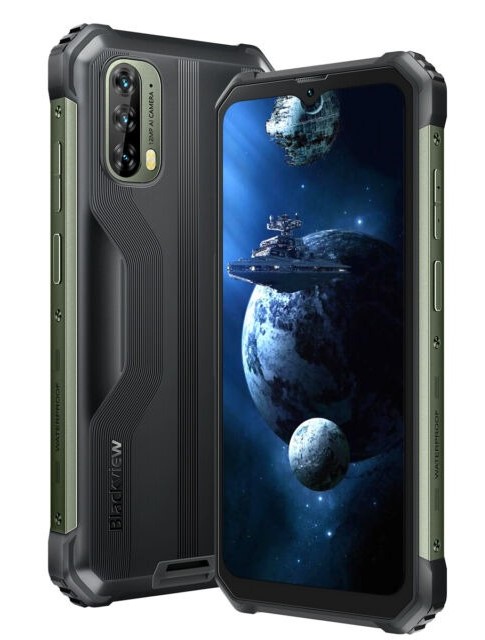
The best bang for the buck
The Blackview BV7100 is a plain-looking rugged phone that doesn't try to impress customers with a few gimmicks; instead, it possesses the basic features a rugged phone should have, including a sturdy design and long-lasting battery life.

Jay Bonggolto always keeps a nose for news. He has been writing about consumer tech and apps for as long as he can remember, and he has used a variety of Android phones since falling in love with Jelly Bean. Send him a direct message via X or LinkedIn.
